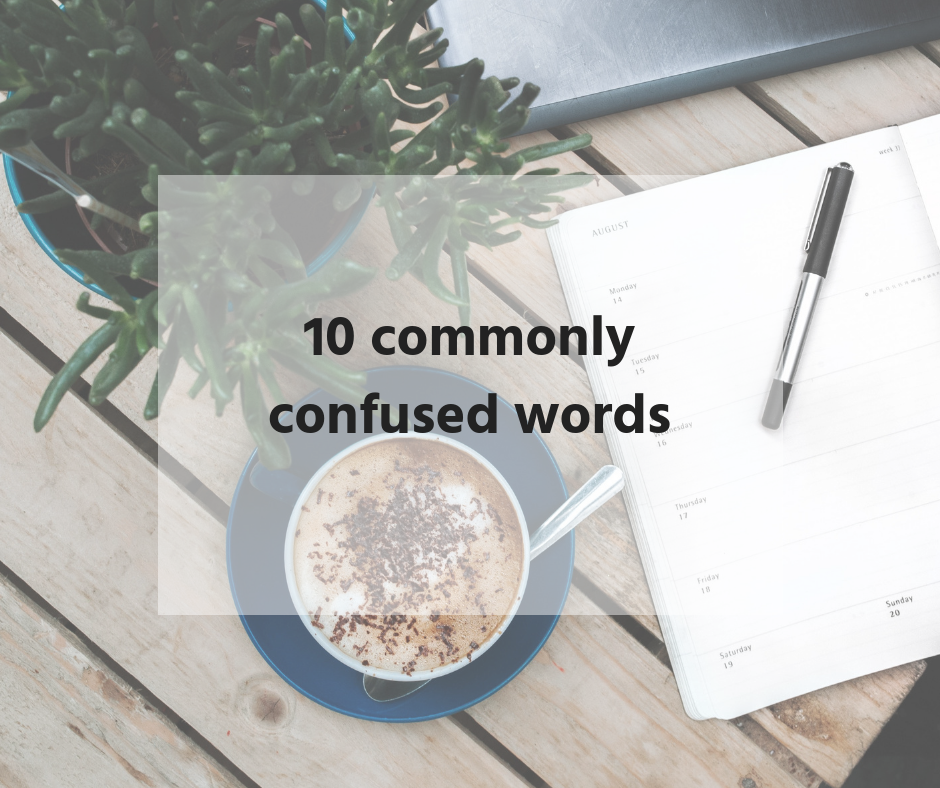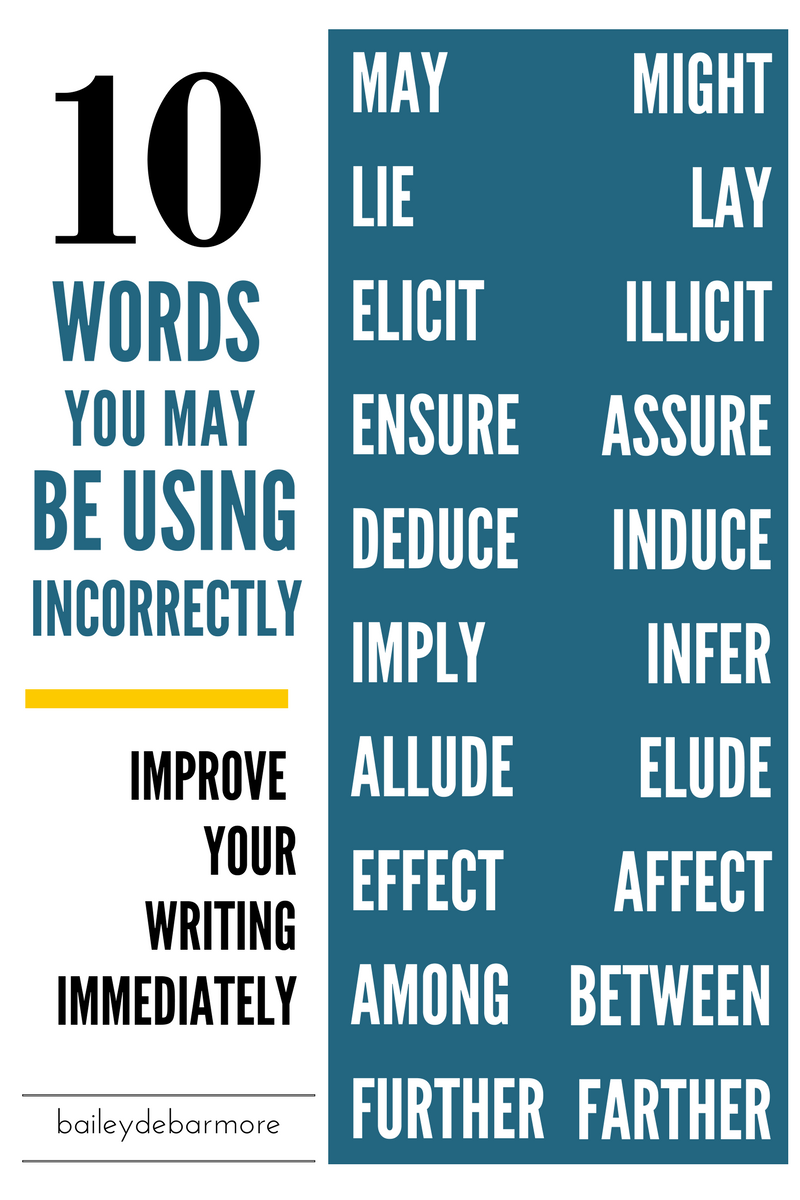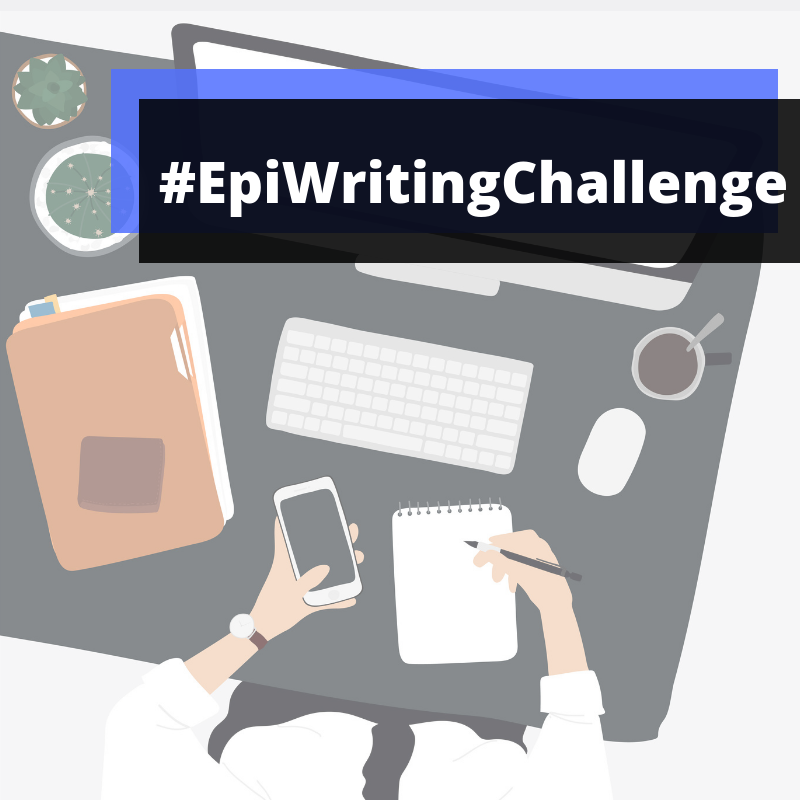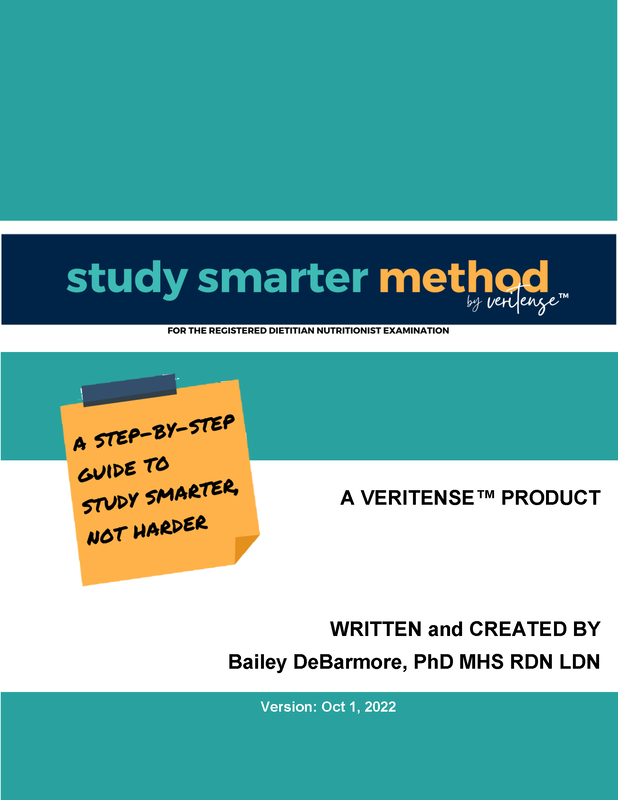Lie vs LayThese get confusing for non-native English speakers because of their overlap in present and past tense, but here, in present tense, use "lay" when there is a direct object receiving its action. Examples "I am going to go lie down for a nap." "Can you please lay that book down and pay attention to me?" Elicit vs Illicit
Examples "I tried to elicit what my mother wanted for her birthday over coffee." "Tom engages in a number of illicit activities." Ensure vs Assure
Examples "I packed plenty of snacks for the road trip to ensure we would not have to stop for food." "Tom assured Laura that everything would be alright." Neither to be confused with "insure", which refers to insurance, which provides compensation. Deduce vs Induce
Examples "From the list of guests at the party, Sherlock eventually deduced that half could not have possibly carried the heavy vase up the stairs." "Paul induced that everyone in the town was friendly, because the waitress at the diner was so nice to him." Note that these sentences above are pretty awkward. Usually we would use a verb such as "infer" or "figured out" and the context will point you to whether the subject is using deduction or induction. Knowing the difference between deductive and inductive reasoning as concepts are good to know. Imply vs Infer
Examples "Jennifer implied she was not comfortable by abruptly changing the subject." "Danny inferred that Jennifer was not comfortable since she abruptly changed the subject." You imply something as a speaker, or do-er. The recipient infers from what you implied. Allude vs Elude
Examples "Amy alluded to my wedding disaster by casually mentioning how important it is to hire a wedding planner." "Elena eluded Diane in an intense game of hide and seek." Effect vs Affect
Examples "Physics is a study in cause and effect." "In order to affect policy, you must utilize a variety of methods." Note that in psychology, affect is used as a noun to describe someone's demeanor. "She exhibits flat affect." Also, effects can refer to personal belongings, or a state of being operative. "Johnny collected his effects before sneaking out of Amy's apartment." "The water treatment plan is now in effect." Among vs Between
Examples "Samantha is trying to decide between Alabama, Clemson, and Florida for college." "Natalie chose among the chocolate desserts." Some people say "between" is for 2 items, and "among" is for more than 2 items but that is not technically correct. Additionally, there are instances where you may use "choose from" instead of "choose between" or "choose among" though the context is the driving factor in these word choices. Further vs Farther
Examples "The assignment was to read 5 chapters, but Amanda went further and read 7 chapters". "Timmy planned to run 2 miles, but went farther and ran almost 4 miles." I am not an expert in grammar or vocabulary. If you have any suggestions or corrections, please let me know.
Get to it! Bailey P.S. If some of these remain confusing to you, I encourage you to search for "[word 1] vs [word 2] example".
1 Comment
Your comment will be posted after it is approved.
Leave a Reply. |
popular postsLike what you read?
categories
All
archives
July 2024
This website uses marketing and tracking technologies. Opting out of this will opt you out of all cookies, except for those needed to run the website. Note that some products may not work as well without tracking cookies. Opt Out of Cookies |









 RSS Feed
RSS Feed